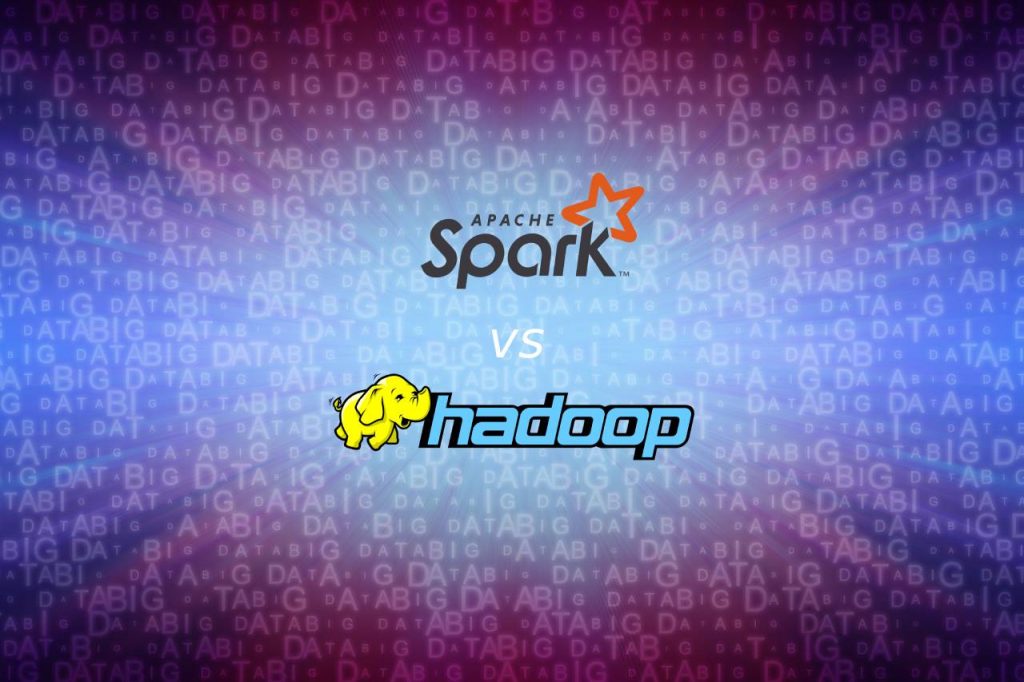In this article, we’ll discuss the comparison between big data analysis tools Apache Spark vs Hadoop.
Big data refers to extremely large and complex data sets that are difficult to process and analyze using traditional data processing techniques and tools. These data sets can come from various sources, such as social media, sensor networks, and e-commerce platforms, and can include structured, semi-structured, and unstructured data.
You’re reading the article, Spark vs Hadoop: Which One Should You Use in 2023.
Big data is characterized by the “3Vs”: volume, velocity, and variety. Volume refers to the sheer size of the data, which can be measured in terabytes, petabytes, or even exabytes. Velocity refers to the speed at which the data is generated and needs to be processed. Variety refers to the different types of data, such as text, images, videos, and audio, that are included in a big data set.
To handle big data, we need specific tools that can handle big data’s scale, speed, and complexity.
You’re reading the article, Spark vs Hadoop: Which One Should You Use in 2023.
These tools are designed to process and analyze large data sets in parallel across a cluster of machines, rather than on a single machine. They are also designed to handle different types of data and provide advanced analytics capabilities, such as machine learning and real-time streaming.
Examples of these big data tools include Apache Hadoop, Apache Spark, Apache Storm, and Apache Kafka. These tools are distributed systems, which are specifically designed to handle large-scale data processing and analysis, they also provide features like fault-tolerance, scalability, and high availability to ensure data is always accessible and analyzed.
You’re reading the article, Spark vs Hadoop: Which One Should You Use in 2023.
Bigdata Analysis Tools
There are several tools available for analyzing big data, some of the most popular ones include:
- Apache Hadoop: An open-source framework for distributed storage and processing of large data sets.
- Apache Spark: An open-source, in-memory big data processing framework that is faster and more flexible than Hadoop MapReduce.
- Apache Storm: An open-source, real-time big data processing framework for streaming data.
- Apache Kafka: An open-source, distributed streaming platform for handling real-time data feeds.
- Apache Flink: An open-source, distributed big data processing framework that is known for its low-latency streaming capabilities.
- Apache Hive: A data warehousing and SQL-like querying tool built on top of Hadoop
- Apache Pig: A platform for creating MapReduce programs for data processing on Hadoop
- Apache HBase: A NoSQL database that runs on top of Hadoop and is used for real-time big data processing
- Cloudera: A commercial distribution of Hadoop that includes additional tools for data management and analysis.
- Elasticsearch: Open-source search engine and analytics platform, designed to handle large volumes of data and provide real-time search and analytics capabilities.
- These are some of the most popular tools for analyzing big data, each has its own strengths, that make them suitable for specific use cases.
You’re reading the article, Spark vs Hadoop: Which One Should You Use in 2023.
Apache Spark vs Hadoop
You’re reading the article, Spark vs Hadoop: Which One Should You Use in 2023.
Apache Spark has several advantages over Hadoop MapReduce that have led to its popularity in the big data processing. Some of these advantages include:
- Speed: Spark is much faster than Hadoop MapReduce for certain types of processing, such as iterative algorithms and interactive queries.
- Ease of use: Spark has a more user-friendly API, making it easier for developers to write and maintain big data applications.
- Flexibility: Spark can process data in a variety of formats, including batch processing, real-time streaming, and SQL. Hadoop MapReduce is primarily designed for batch processing.
- In-memory processing: Spark can store data in memory, which makes it much faster than Hadoop MapReduce, which stores data on disk.
- Advanced analytics: Spark provides built-in libraries for machine learning, graph processing, and stream processing, which are not available in Hadoop MapReduce.
You’re reading the article, Spark vs Hadoop: Which One Should You Use in 2023.
Overall Spark is a more versatile, faster, and easier-to-use big data processing platform than Hadoop MapReduce, which makes it well-suited for a wide range of big data use cases.
If you’re willing to enter the field of big data and want to learn Apache Spark, you can join our Masters in Data Science With Power BI certification program.
Hope you liked reading the article, Spark vs Hadoop: Which One Should You Use in 2023. Please share your thoughts in the comments section below.

